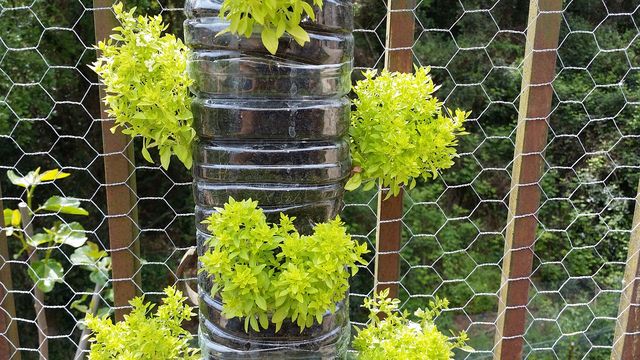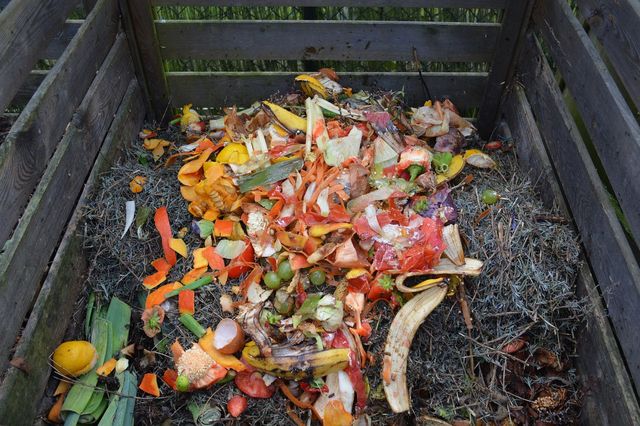 By: Sam Lambert
By: Sam Lambert
Just because you are low on space doesn’t mean that you can’t have a fabulous backyard. Even the smallest backyard areas can be utilized for a variety of occasions. Creating an eco-friendly backyard space helps support the local environment in many ways. Check out these tips on how to make your backyard more eco-friendly in a small area.
Create A Vertical Garden
One of the best ways to create an eco-friendly backyard is to install a vertical garden. These gardens don’t require any actual ground space and can produce a wide range of fruits and vegetables that will help save on groceries.
Vertical gardens can be installed on a back wall of a home or even along a fence line as well. They can be made of recycled materials and are eco-friendly because they only use the soil that will directly support the plant.
Vertical gardens rarely need weeding, and their water usage is relatively low as well. Installations can be purchased online or in garden centers or consider making your own using some recycled yogurt cups, milk jugs, or tin cans along with some rope.
Choose Native Plants
Those plants that won’t become a drain on the local environment are the best choice to use in a small space. Native plants are those that have the adaptable ability to thrive in your area both in the wild and cultivated gardens. They don’t require extra moisture and are low maintenance.
Native plants are also well suited for your home’s climate and should be able to last through the winter without any problems. One of the benefits of including native plants in your backyard is their natural tendency to attract area pollinators as well. Check your neighborhood for examples of native plants and ask your local nursery for their recommendations on native plants that will thrive in your backyard.
Start A Compost Bin

Creating your very own compost to use to help fortify plants and soil is an extremely eco-friendly addition to the backyard. Compost piles can be as large or small as you require. Larger bins can handle wheelbarrow loads of grass clippings and decomposing scraps while small coffee cans can create a tiny amount of compost for your little backyard.
Start with decomposing material from your yard and kitchen and add in some worms, air, and sunlight to create a nutrient-rich ingredient to help support plants in the future.
Spread Organic Mulch
For those homeowners with established yards, the simplest of diy lawn care consists of spreading organic mulch can be an excellent way to support the local environment naturally.
Bark dust or grass clippings work well in covering areas underneath plants to help deter weeds from growing. It also helps the plant retain moisture so that less watering is needed. Organic mulch naturally breaks down in the environment and will need to be reapplied when necessary.
Use Recycled Materials
When considering what to add to your backyard make sure to use products that are environmentally friendly. Things like sustainably sourced wood furniture are useful items to add to a small garden. Other recycled materials like using an old tire as a tire swing or even creating a retaining wall of used tires will extend the life of the item far beyond its original uses. Using recycled items keeps things from going straight to the landfill and uses them for other intentions to help save the environment.
Also Read: 10 Ways to Keep Your Garden Healthy
There are plenty of things that you can add to a backyard to make it more eco-friendly. Consider adding a vertical garden to grow your food or start a small compost bin to create your nutrients. Using recycled materials and spreading organic mulch are other options to support the environment better.
Choosing native plants is another way to cut down on water usage as well as create a food source for local pollinators. Consider all of these tips on how to make your backyard more eco-friendly in a small space.
Sam Lambert is an outdoor living expert. Sam loves cultivating his own fruit and vegetables in his backyard. You might have seen Sam riding past you on a local dirt biking trail or climbing a nearby rock wall.